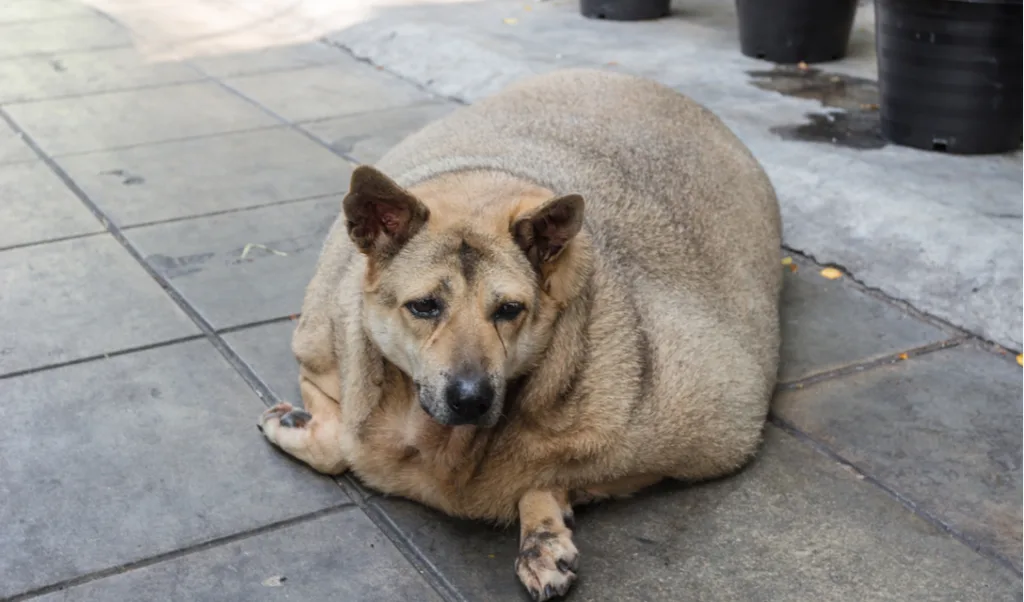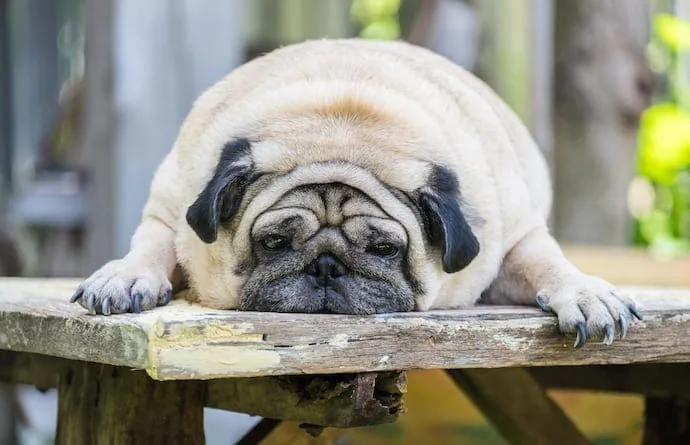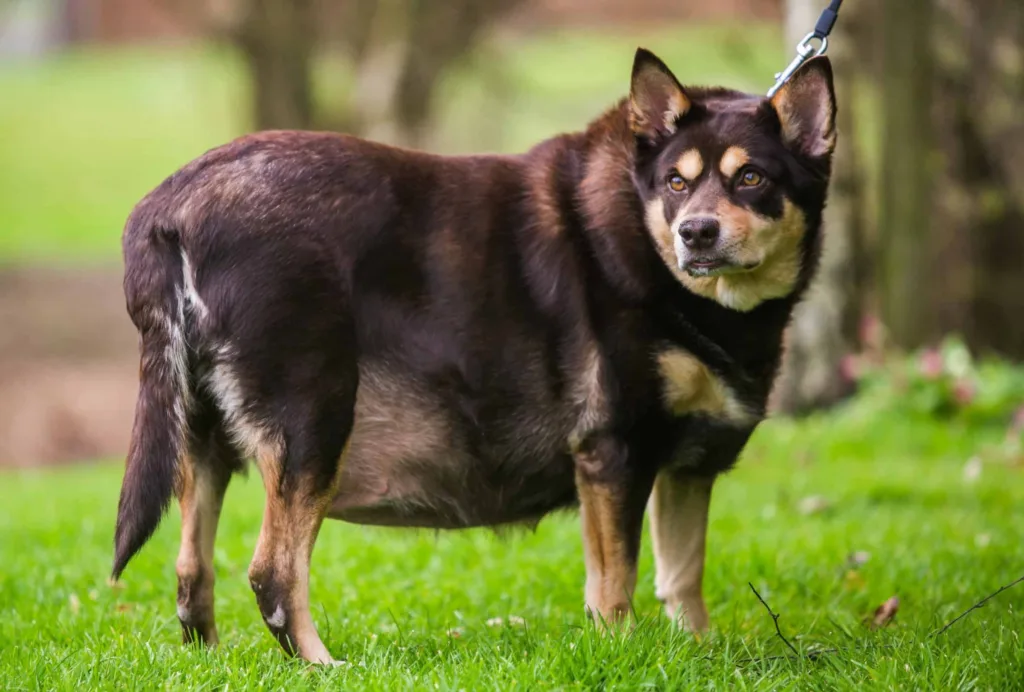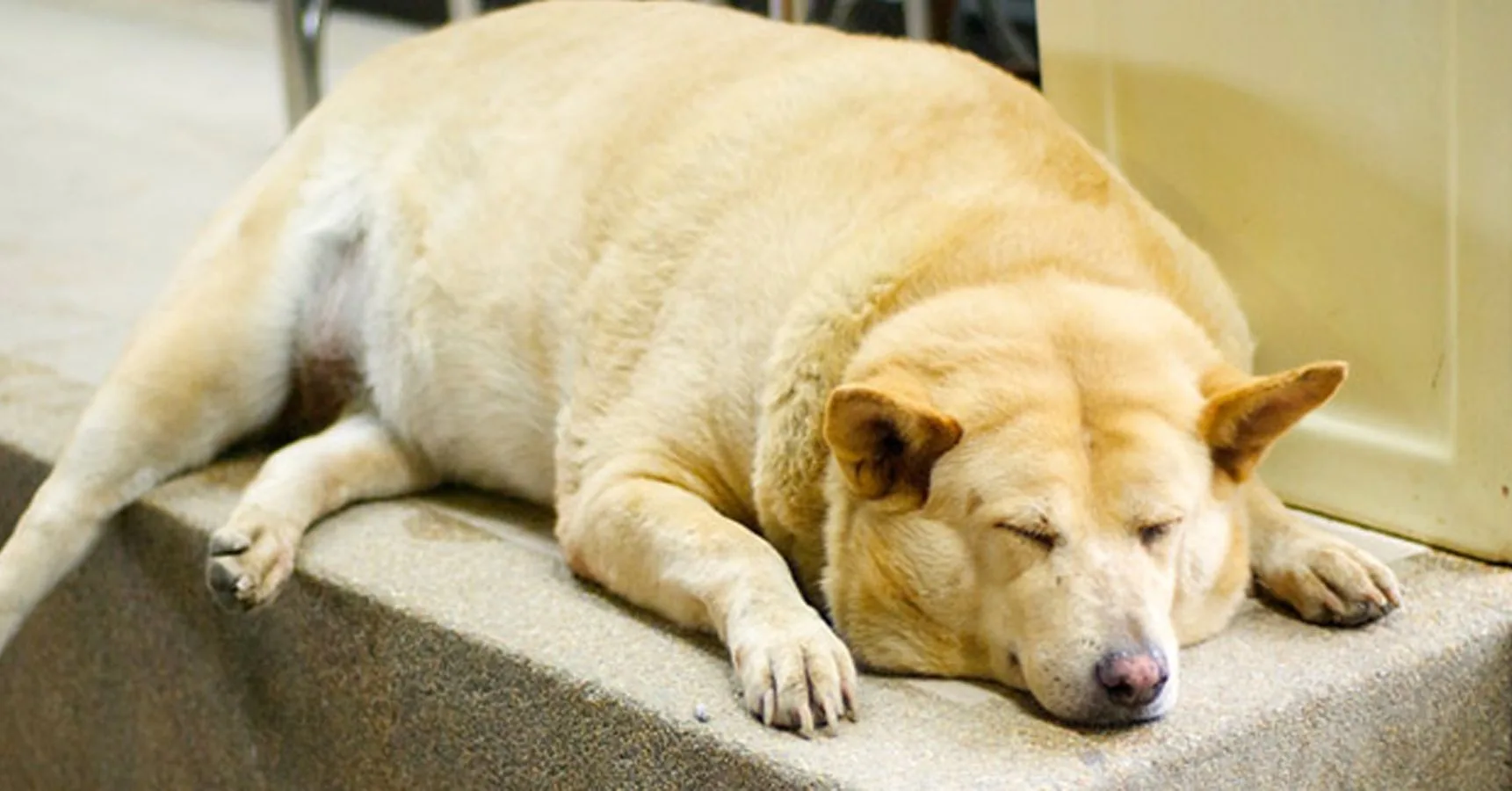Introduction: The Chubby Deception
The Shiba Inu, with its fox-like appearance and charismatic personality, has earned a special place in the hearts of dog enthusiasts worldwide. However, there’s an alarming trend that’s affecting these adorable canines – obesity. Contrary to the cute image often portrayed, Shiba Inus, like various other dogs, is increasingly falling victim to weight-related health issues. In this comprehensive guide, we delve into the prevalence of dog obesity, the factors contributing to it, the health implications for Shiba Inus, as well as the emotional toll it takes on our furry companions.

The Prevalence of Dog Obesity
Alarming Statistics
The escalating issue of dog obesity is causing concern among pet owners and veterinarians alike. Recent studies have revealed a disquieting rise in overweight dogs worldwide, with approximately 56% of them being overweight or obese according to veterinary reports. This alarming statistic underscores the gravity of the problem as well as the urgent need for pet owners to take action. Sadly, the popularity of internet memes featuring overweight pets, like the Fat Shiba Inu, only perpetuates the misguided notion that chubby dogs are adorable. In reality, lurking behind that cute exterior are a host of health problems that can significantly diminish a dog’s quality of life.
Factors Contributing to Obesity
Several factors contribute to the surge in dog obesity rates. Foremost among them is overfeeding as well as an inappropriate diet. Several pet owners unknowingly overindulge their dogs with treats and high-calorie human food. These could lead to gradual as well as unhealthy weight gain. Furthermore, a lack of physical activity and exercise exacerbates the issue, particularly for dogs living in urban settings or confined spaces. Additionally, certain dog breeds are genetically predisposed to obesity. Recognizing these factors as well as taking proactive measures is essential to ensuring our beloved pets maintain a healthy weight and lead fulfilling lives. Remember, a healthy dog is a happy dog!

Health Implications of Obesity in Shiba Inus
Obesity takes a heavy toll on Shiba Inu, as it does on any other dog breed. Firstly, it often leads to orthopedic problems due to the extra weight straining their joints and bones. Conditions like joint dysplasia can result in affecting a dog’s mobility and overall quality of life.
Secondly, obese Shiba Inus face an increased risk of cardiovascular issues. The heart must work harder to pump blood throughout the body. Thus, it elevates the chances of heart disease and hypertension. This can lead to fatigue, reduced stamina, as well as potentially heart failure if left untreated.
Furthermore, respiratory difficulties are a significant concern, as the excess weight can compress airways and lungs. These make it harder for Shiba Inus to breathe, especially during physical activities or in hot weather. Labored breathing, reduced exercise tolerance, as well as heat intolerance are common consequences.
Finally, obesity in Shiba Inu raises the risk of diabetes and metabolic diseases, interfering with insulin sensitivity as well as glucose management. This can lead to diabetes mellitus and other life-threatening conditions like pancreatitis and liver disease if not managed properly.

Understanding the Emotional Aspect
Human Influence
Dog obesity is not just a physical issue. It has a profound emotional dimension. Overweight dogs face health risks as well as a reduced quality of life, largely influenced by human behavior and lifestyle choices. Dogs depend on their owners for food, exercise, as well as overall care. Just as numerous humans struggle with their weight management, they may inadvertently transfer these habits to their canine companions. Offering excessive treats as well as indulgent human food can lead to weight gain, while a lack of regular exercise compounds the problem.
Body Image and Perception
Dog obesity can profoundly impact a dog’s emotional well-being beyond the physical health implications. Like humans, dogs can develop body image issues as well as experience emotional distress due to their appearance. They are highly perceptive and can sense their owner’s reactions to their size and shape. Negative comments or disapproval can lead to feelings of inadequacy, anxiety, and a loss of self-esteem. This emotional burden may manifest in behavioral changes. A decreased interest in play, withdrawal, or even aggression are a few examples.
Moreover, societal perceptions play a role in this emotional aspect. Overweight animals are sometimes portrayed humorously or as entertainment on social media, which normalizes dog obesity and undermines efforts to address it. This can lead some dog owners to prioritize humor over their pets’ well-being.
The Role of Diet in Preventing Obesity
Proper Nutritional Requirements
Understanding as well as meeting a dog’s dietary needs is crucial in preventing obesity. These requirements vary depending on factors like size, age, breed, and activity level. Consultation with a veterinarian is essential to determine the right quantity of food as well as nutrient balance for your Shiba Inu. Portion control is key to preventing overeating, and measuring your pet’s food at regular intervals helps regulate caloric intake.
Ensure that your dog’s diet includes all necessary nutrients which include proteins, carbohydrates, fats, vitamins, and minerals. High-quality dog food should be the primary source of these nutrients. Avoid feeding table scraps or unhealthy treats, as they are often high in empty calories as well as harmful additives.
Choosing the Right Dog Food
Selecting the right dog food is vital for preventing obesity and promoting overall well-being. Read ingredient labels carefully, avoiding products with excessive fillers, preservatives, as well as artificial additives. Look for dog foods listing real meat as the first ingredient, as protein is essential for muscle maintenance and growth.
Consider your Shiba Inu’s age and activity level when choosing the appropriate dog food. Puppies have different nutritional needs than adult or senior dogs. Nonetheless, active dogs require higher energy content. Be cautious about “lite” or “diet” dog foods, as they might lack necessary nutrients despite being lower in calories. Focus on a balanced diet that meets your pet’s specific needs. In addition, provide supplements only under the guidance of a veterinarian to avoid imbalances and health issues.
Exercise and Its Benefits
Proper exercise is essential for maintaining a dog’s physical as well as mental well-being. Dogs are naturally active creatures that require regular movement and stimulation. However, modern lifestyles often limit their opportunities for physical activity. Dogs still need to burn calories through exercise despite having easy access to food.
Regular exercise offers numerous benefits. These may include weight control, increased strength and agility, reduced stress, anxiety, as well as behavioral issues. It also strengthens the bond between owner and pet, promoting a healthier lifestyle for both.

Overcoming Challenges
Dealing with Resistance
Encouraging a dog to lose weight could be challenging, especially if they’re accustomed to overeating or have a sedentary lifestyle. Dealing with resistance might require patience as well as consistent effort. Implement gradual dietary changes and introduce regular exercise, making the weight loss journey enjoyable for both you and your furry friend.
Seeking Professional Guidance
It is a wise choice for people who are having difficulty managing their weight to seek expert advice. Pet nutritionists and veterinarians may create individualized food and exercise programs catered to the unique requirements of your dog. They may keep an eye on the situation, make the required corrections, and provide behavioral guidance to deal with any dietary-related emotional or psychological problems.
Final Thoughts: A Healthier Future for Shiba Inus
The rising trend of overweight and obese Shiba Inu is a concerning issue that demands immediate attention. Promoting a better life for our canine companions requires an understanding of the impacts of obesity on their health and well-being. Our Shiba Inus may live happy, healthy lives free from the shackles of obesity by receiving the proper exercise, diet, and careful care. We value your feedback and questions. Contact us!
Thank you for reading this post, don't forget to subscribe to our free newsletter
!
